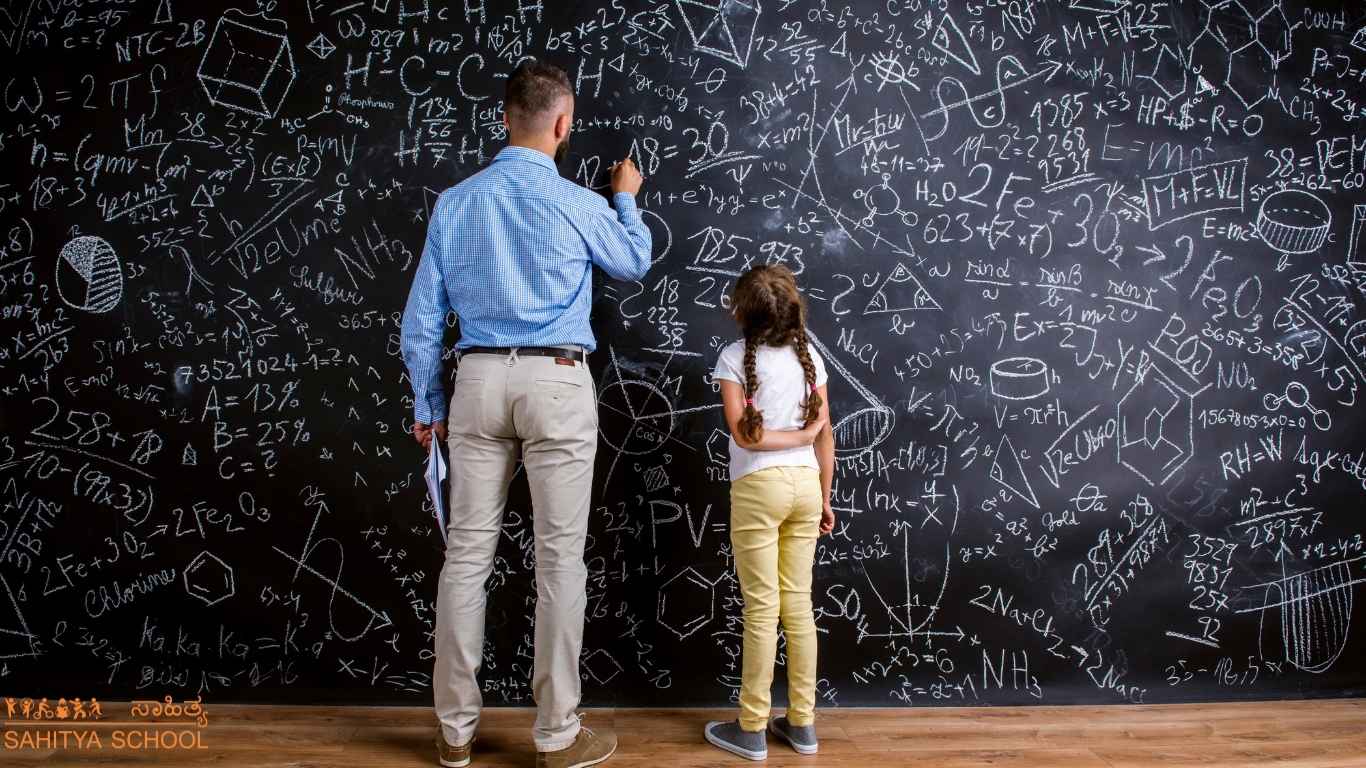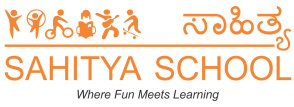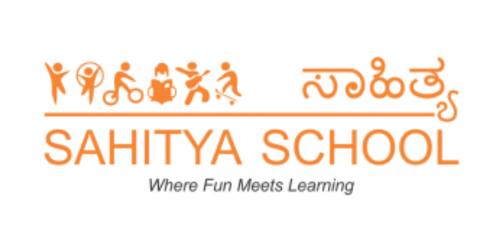
Teachers’ Responsibilities in Educating Present-Generation Students
Teachers play a pivotal role in shaping the future of students, especially in the modern world where education extends beyond traditional subjects. The responsibilities of teachers today have evolved to meet the needs of the present generation, which is more technologically inclined, socially aware, and diverse. To effectively educate students in the 21st century, teachers must embrace a range of responsibilities that go beyond just delivering lessons in the classroom.
1. Adopting Modern Teaching Methods One of the most crucial responsibilities of teachers today is adopting innovative and engaging teaching strategies. With the rapid development of technology, traditional chalk-and-board methods are being replaced by interactive digital tools, online resources, and multimedia presentations. Teachers need to integrate technology into their lessons, using smartboards, educational apps, and e-learning platforms to make learning more dynamic and accessible.
2. Fostering Critical Thinking and Problem-Solving Skills Present-generation students have access to an abundance of information through the internet. However, the ability to analyze, evaluate, and apply this information is what truly matters. Teachers are responsible for developing students’ critical thinking and problem-solving skills by encouraging discussions, debates, and real-life applications of knowledge. They must create an environment where students are not passive learners but active participants in their education.
3. Cultivating Emotional and Social Intelligence Education is not just about academic knowledge; it also involves emotional and social development. Teachers play a key role in fostering empathy, teamwork, and effective communication among students. They must create an inclusive and supportive classroom environment that respects diversity and promotes values like kindness, cooperation, and respect for different perspectives.
4. Personalizing Learning Approaches Each student has unique strengths, weaknesses, and learning styles. Teachers must identify these differences and adapt their teaching methods accordingly. Personalized learning helps students grasp concepts at their own pace and enhances their confidence. Differentiated instruction, individualized feedback, and varied assessment methods are essential in meeting the needs of diverse learners.
5. Encouraging Digital Literacy and Responsible Technology Use With students spending a significant portion of their time online, teachers have a responsibility to educate them about digital literacy, cybersecurity, and responsible internet use. They must teach students to distinguish between credible and misleading information, avoid cyberbullying, and understand the ethical use of technology.
6. Promoting Lifelong Learning and Adaptability The job market is constantly evolving, and the skills required today may become obsolete in the future. Teachers need to instill a mindset of lifelong learning in students by emphasizing adaptability, creativity, and a curiosity-driven approach to education. Encouraging students to be proactive in learning new skills will prepare them for future challenges.
7. Nurturing Mental Health and Well-Being The pressures of modern education, peer competition, and social expectations can affect students’ mental health. Teachers must be aware of the emotional well-being of their students and create a stress-free, encouraging learning environment. By offering guidance, support, and understanding, they can help students cope with academic and personal challenges.
8. Establishing Strong Communication with Parents Parental involvement plays a crucial role in a child’s education. Teachers must maintain open communication with parents, updating them on their child’s progress, strengths, and areas of improvement. By working collaboratively with parents, teachers can create a more holistic support system for students.
Conclusion The responsibilities of teachers in educating present-generation students extend far beyond traditional classroom instruction. They must be mentors, guides, and facilitators who prepare students for an ever-changing world. By embracing modern teaching techniques, fostering emotional intelligence, promoting digital literacy, and supporting mental well-being, teachers can ensure that students are equipped with the knowledge and skills necessary for a successful future.




